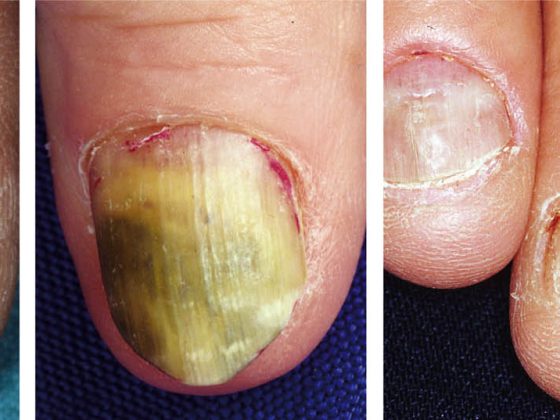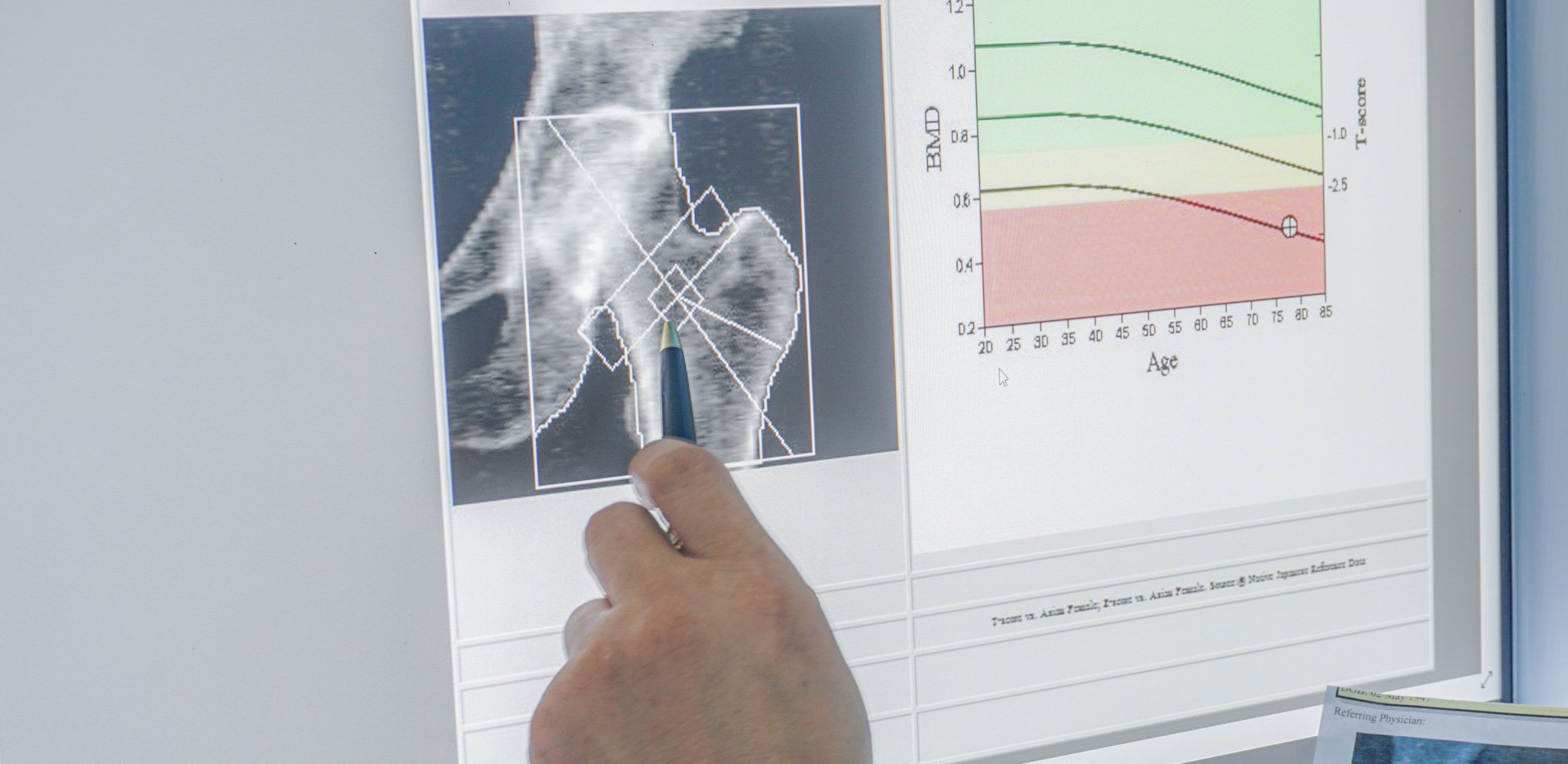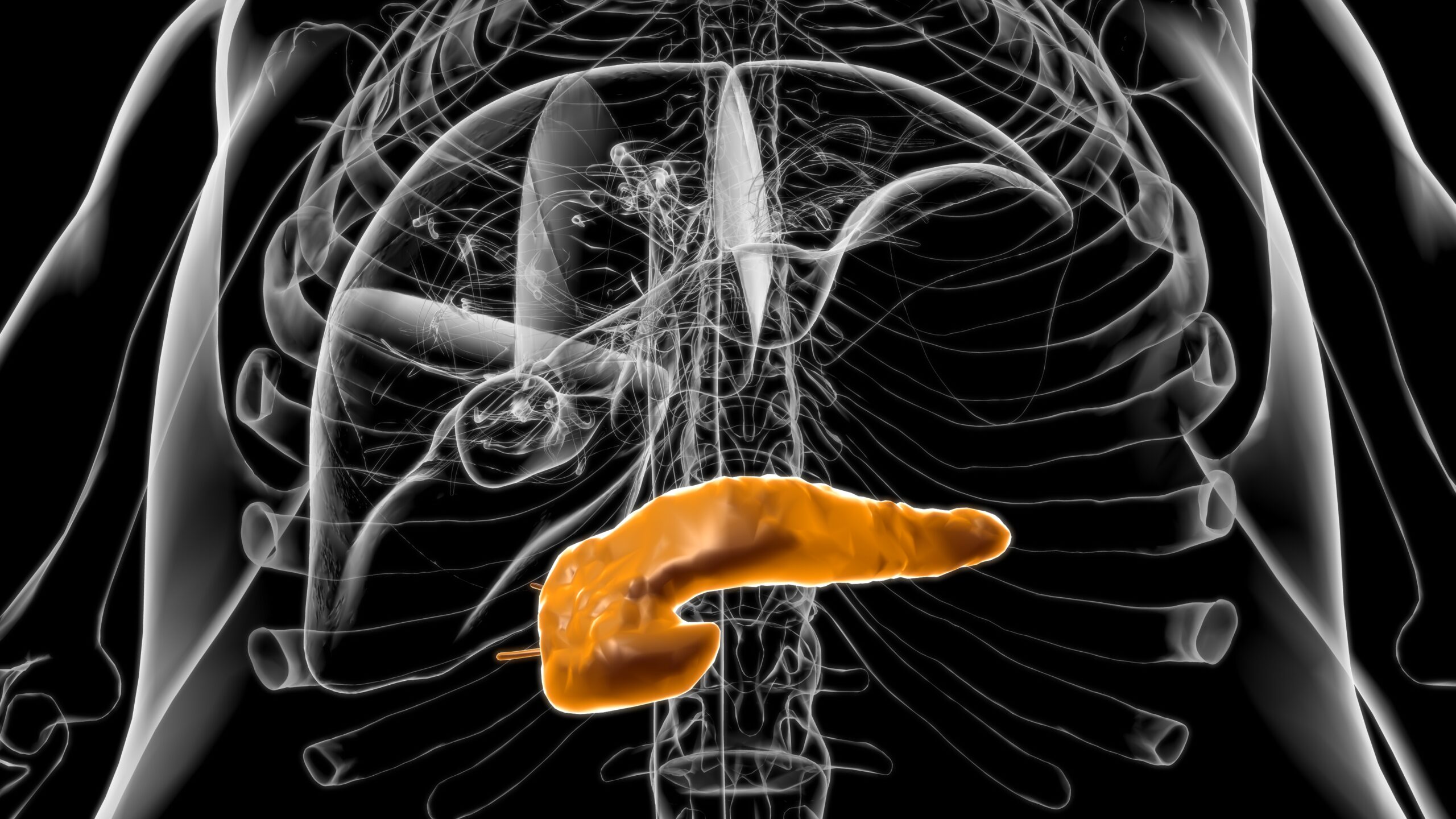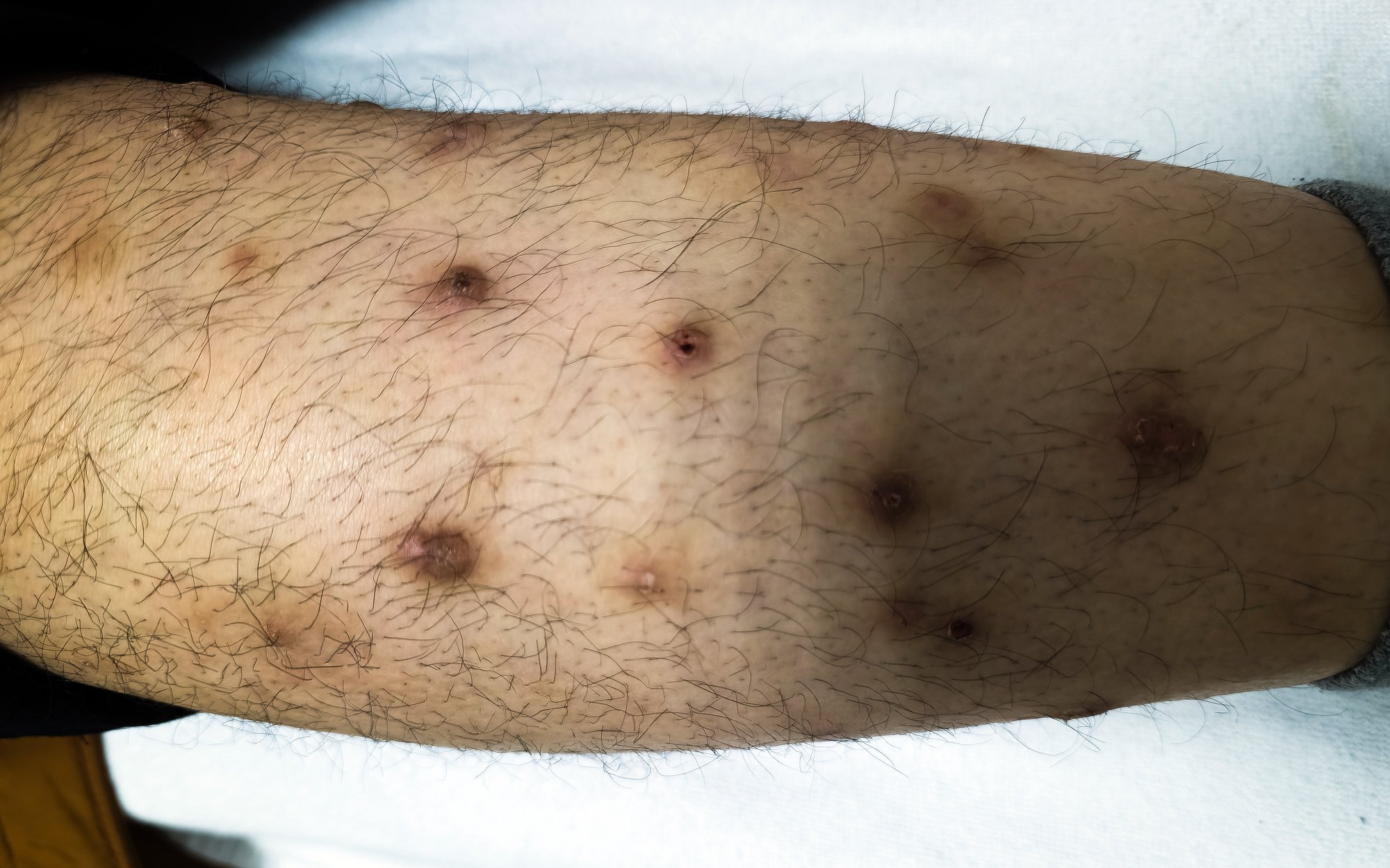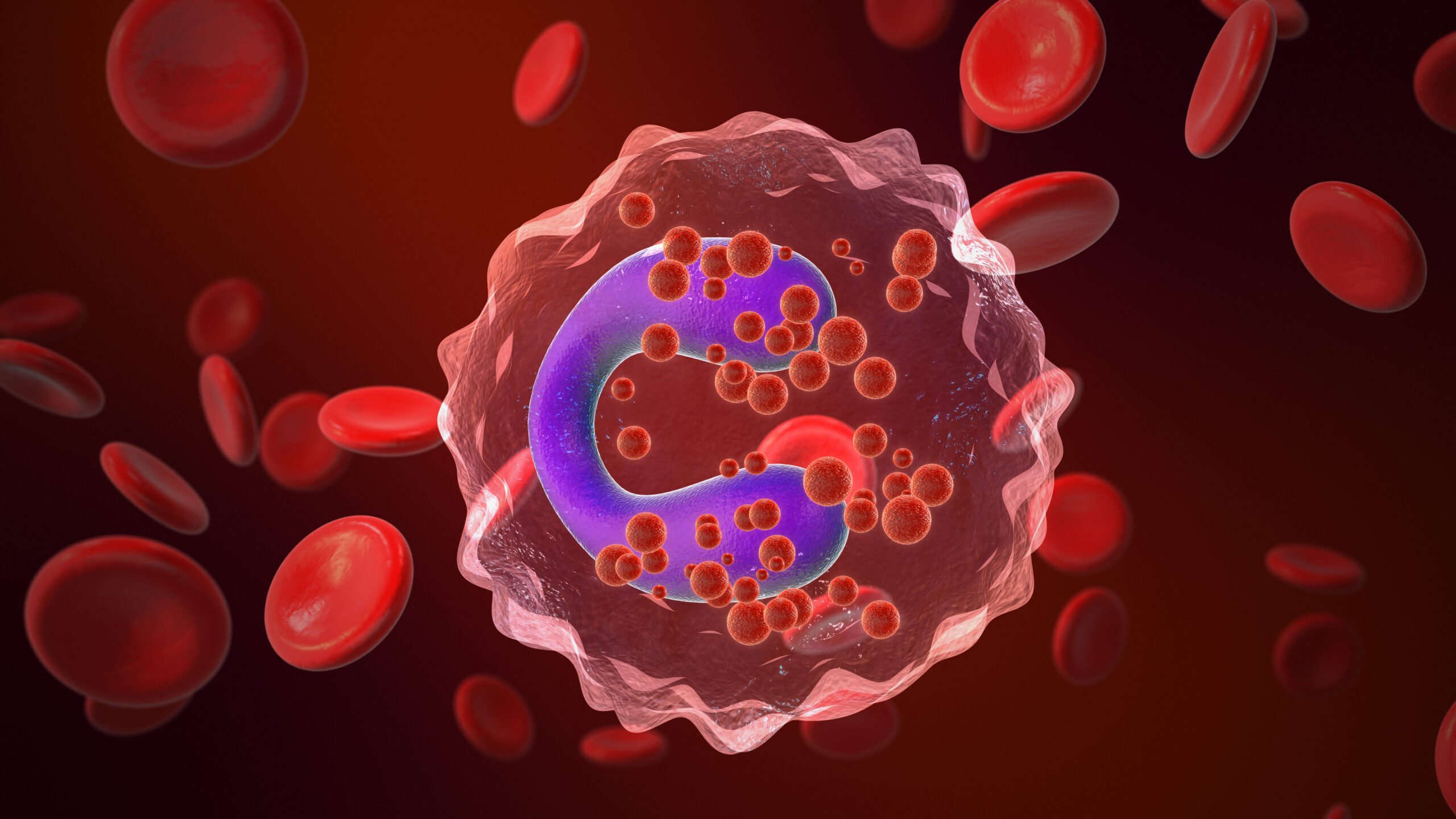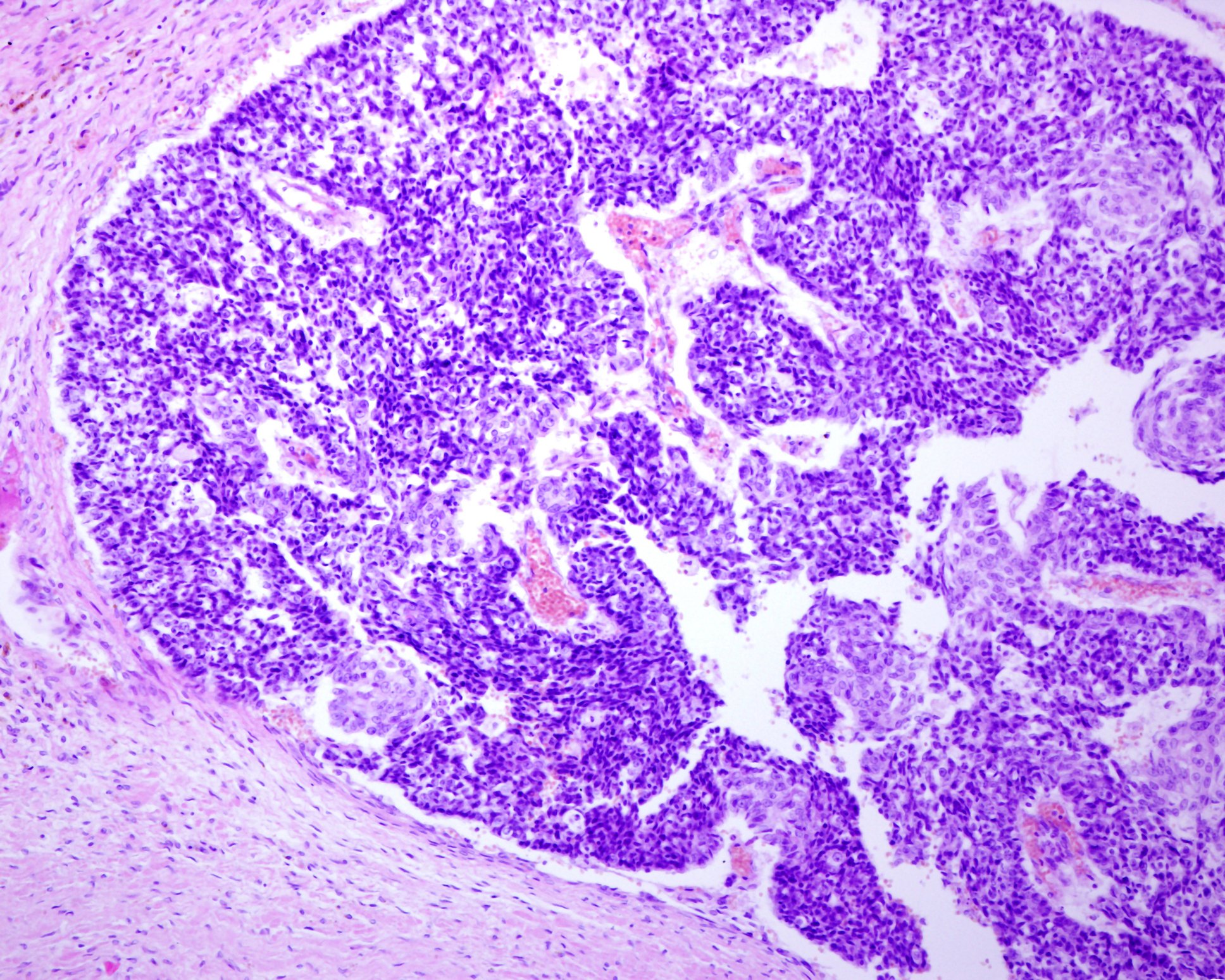There was an update on the DECIDE study at the ACTRIMS-ECTRIMS Congress in Boston. In it, the antibody daclizumab is compared with interferon β-1a. The results are promising, although the side effects continue to be a topic of discussion. In addition, the focus was on possible indicators of disease activity.
(ag) Data from the randomized controlled phase III DECIDE trial highlight the superiority of the IL-2 monoclonal antibody daclizumab HYP (binds specifically to CD25) over interferon β-1a. This was studied in 1841 patients with relapsing-remitting multiple sclerosis (RRMS). Specifically, the research group led by Prof. Ludwig Kappos, MD, Basel, demonstrated a highly significant 45% reduction in the annual relapse rate compared with the interferon group (0.216 vs. 0.393) – this was the primary endpoint of the study. After 144 weeks, 67% were relapse-free on daclizumab and 51% on interferon, a highly significant risk reduction of 41%. Furthermore, the risk of disability progression lasting more than six months was significantly lower under the investigational agent (proportion after 144 weeks: 13% in the daclizumab group, 18% in the interferon group, p=0.033). Daclizumab also showed significant superiority over interferon in reducing new and newly growing MRI lesions.
Overall positive side effect profile
Side effects were about equally frequent among the two substances. Pre-study safety concerns regarding hepatotoxicity were only partially confirmed: Alanine aminotransferase elevations – five times higher than the upper normal value – occurred more frequently in daclizumab patients but rarely overall (6 vs. 3%). One person in the interferon arm and seven in the daclizumab arm showed a threefold increase along with a bilirubin increase that was a factor of two above the upper normal value. In addition, cutaneous reactions were more frequent in the test group. These were mainly erythema, which were reversible under steroids and did not necessarily require a therapy stop. The discontinuation rate was about one-third in both groups – the reason being frequent side effects (severe forms occurred in 141 vs. 88 interferon patients).
According to the authors, although the side effects are serious, they are well controlled with appropriate monitoring and indicated intervention – thus, overall, the compound offers a good risk-benefit ratio for patients with RRMS and represents a promising new therapeutic option (administered monthly). There was also sometimes a reduction in brain volume with daclizumab, which was a theme of several other presentations at the Boston congress.
Brain volume as an indicator of disease activity?
The congress also addressed the question of the extent to which brain volume (or its loss) in MS also determines disease activity: Prof. Kappos pleaded for including the volume as an important indicator for disease freedom in the therapy concept. The basic assumption is that the loss of brain volume in MS already starts in early stages of the disease (partly before symptoms) and progresses at a higher rate, namely about three to five times faster than in healthy aging people. As previous studies have shown, volume loss is predictive of long-term functional impairment in MS [1].
“Currently, the definition for so-called NEDA (“no evidence of disease activity”) in MS includes three domains: no progressive disability, no recurrences, and no active MRI lesions,” the expert said. Using the two FREEDOMS studies, which compared fingolimod with placebo, Prof. Kappos has now been able to show that the survey of brain volume is a useful additional indicator of disease freedom. Of interest was the number of patients without disease-activity free (DAF) from FREEDOMS I/II. DAF patients were redefined in this analysis by four factors: Disease activity and severity (confirmed recurrences and disability progression), MRI activity (new/growing T2 lesions), and plane brain volume loss (defined as annual volume loss of ≥0.4%). “This value is derived from the average volume loss of a healthy person, which ranges from 0.1 to 0.3% annually, and that of an MS patient (0.5-1.35%). Only when all these clinical and imaging measurements indicated inactivity were individuals classified as DAF patients,” Prof. Kappos explained.
What came out?
Without inclusion of brain volume, 31% of fingolimod and 9.9% of placebo patients were considered disease-free (OR 4.07). When volume depletion was added as another indicator, the percentage of DAF patients decreased (19.7 vs. 5.3%), but the odds ratio remained significant or was even higher than before (OR 4.41; p<0.0001). This is an indication that the measurement remains sensitive with the addition of brain volume. Patients on fingolimod are significantly more likely to achieve this newly defined disease-free status, according to the analysis. This was also confirmed by a poster by Prof. Ernst-Wilhelm Radue, MD, Basel, Switzerland, based on FREEDOMS I/II and LONGTERMS: Under continuous fingolimod administration, brain volume loss remained low over the long term, up to more than six years (and was always below the values of the group that had only later switched from placebo to fingolimod). Conversely, the presentation by Douglas Jeffrey, MD, Mooresville, USA, showed that greater brain volume reduction is associated with greater long-term disability progression (again studied in FREEDOMS). Thus, loss of brain volume has significant clinical relevance, according to the authors.
Source: ACTRIMS-ECTRIMS Congress, September 10-13, 2014, Boston.
Literature:
- Popescu V, et al: Brain atrophy and lesion load predict long term disability in multiple sclerosis. J Neurol Neurosurg Psychiatry 2013 Oct; 84(10): 1082-1091.
InFo NEUROLOGY & PSYCHIATRY 2014; 12(6): 47-48.



